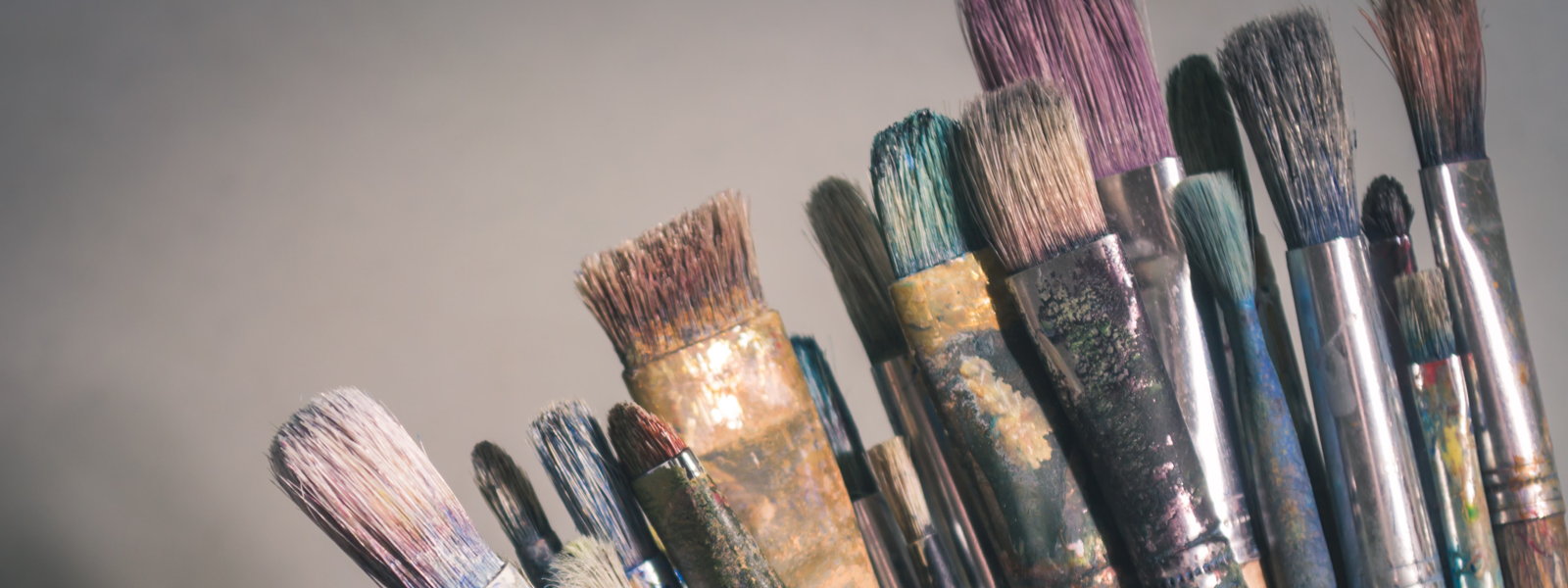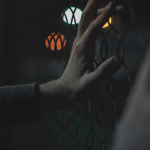Two days before he died, Julian experienced a surplus of energy. Not like a power surge, it was really more of a gradual build-up. He barely noticed it at first.
It started around eight o’clock in the morning, right in the middle of his second cup of coffee. He had the impression that someone was stroking his hair, and this enlivened him.
When he was a child of five, his mother would stroke his hair when she woke him up or when she picked him up after kindergarten. Many years after that, his wife would often stroke his hair when they made love.
Now it was an alien yet familiar sensation, like an almost forgotten secret greeting. His mother had died ten years ago. His wife, three years later. His mother, of course, stopped running her hand over his hair when Julian was about thirteen and wouldn’t stand for any “baby stuff.” His wife – well, the last time was just after her diagnosis. Then she couldn’t bear to be touched.
So at eight-thirty in the morning, two days before he died, Julian’s spirits were uplifted. He felt like working. He walked into his studio and began to paint. He was working on a study of a house, but he could never get it right.
The house was made of yellow brick, an unusual kind of brick, often used in parts of Appalachia. Most important to Julian, the painting was asymmetrical. One could see part of the house from the street, but half was obscured on the left by an overgrown hedge. A bay window occupied the center of the field of vision. A small portico extended it on the right.
Julian had no idea of how this image had originated. It felt like someplace unexplored. He wanted to enter but didn’t know how.
The walk from the street to the portico was barren, stark in its emptiness. The ochre of the brick and the dusty brown of the yard rendered the painting too monocratic. Julian decided to add color. He roughed in a rose bush beside the entryway. He filled the space under the bay window with white and purple irises. It was lost on him that his mother’s name was Rose and his wife’s Iris.
Julian painted all that day, and all the next, stopping only when the daylight did. He liked natural light. He died believing he was on the verge of something new.
…
Biography
Antoinette Carone is a member of the New York Writers’ Coalition. Her published work includes Ciao, Napoli. A Scrapbook of Wandering in Naples, and Siren Shore—the Enchantment of Naples. Her short stories have appeared in Ovunque Siamo, Brown Bag Online, Foxglove Journal, and Fudoki Magazine. Her website is italianscrapbook.wordpress.com.
Image: unsplash.com





